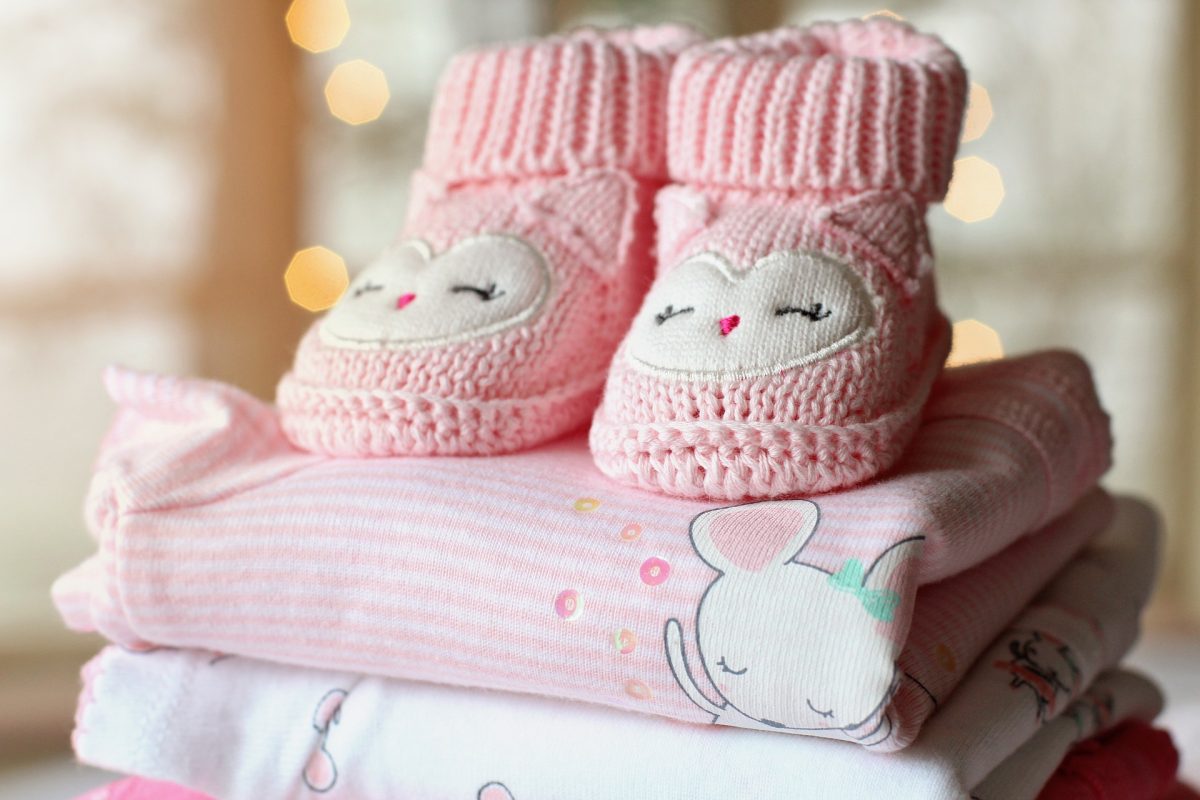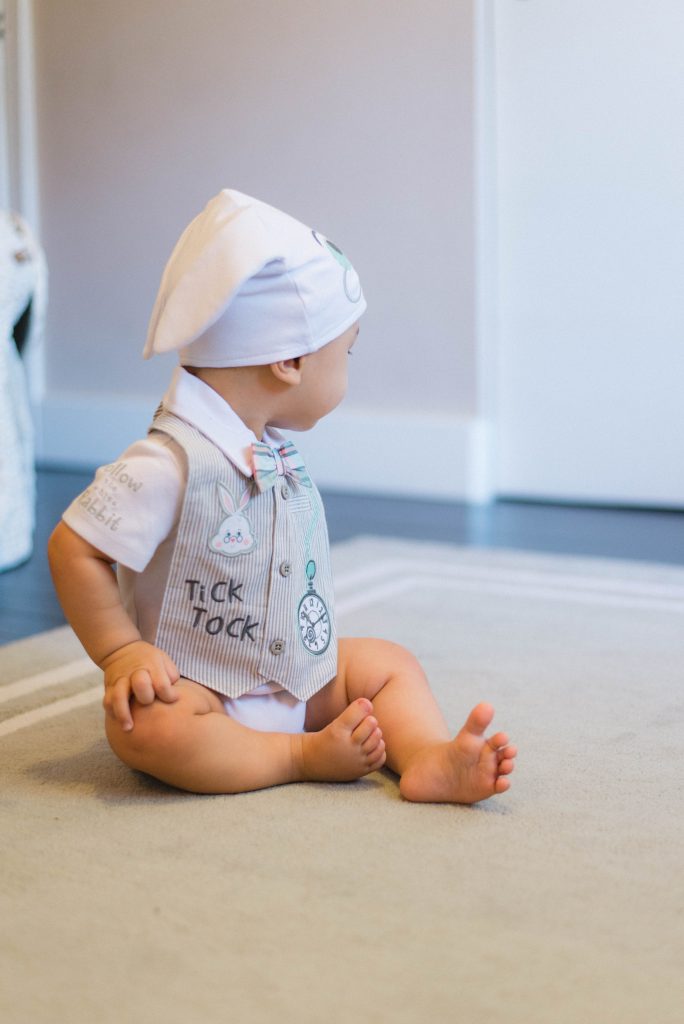The female fight for emancipation and equal employment rights has brought on many great things that our generations are deeply grateful for, but it has pushed new issues to the fore. As everything in life is about balance, women today (seems like more than ever) are struggling to balance their much desired successful careers and motherhood.
It’s a sad and slightly disturbing fact that in these modern times having a child can be a real career killer and over two thirds of employed women claim that having children hindered their career progress and that after returning to work, they were deemed “less employable”, or even felt their job was under threat.
For many families, being a stay-at-home mom simply isn’t feasible. There has been an enormous rise in “maternal breadwinning” as families today struggle to survive on a single income. However, women can only be competitive as well as productive and successful if they can have proper and reliable childcare in place.
Parental guilt 101
One of the biggest challenges that parents face when deciding to put their child into care is guilt. Naturally, there is the worry about whether you made the best choice regarding the care center and the fact that you will be separated from your child for a longer period of time. In addition, lots of mothers also feel guilty about putting their own professional ambitions before their child. However, this is all normal and just indicative of your deep emotional attachment and responsibility towards your child.
Handling that guilt is what will help you and your child successfully adapt to the change. You as a mother, need to learn to be happy and at peace with the choices you make and focus more on the positive outcomes: your child will be well taken care of and have many opportunities to learn and develop, and you will be able to focus more on your professional fulfillment.
If the mother guilt still continues, try to focus on the positive aspects and do your best to be proactive in the time that you do have to spend with your child, such as the weekends when you can ease up on the chores and do things with your child that you all love. Alternatively, create a more flexible working schedule and pick your child up earlier if possible and spend quality time together.

Source: Pixabay
Finding high-quality child care
Dealing with parental guilt is not an easy task, but child care centres take pride in the fact that they are able to create an environment that is nurturing to a child’s physical, emotional and intellectual growth, so leaving your child in such a place should be considered a positive choice, not a source of worry and guilt.
Finding a reliable and high-quality care center gives your child an opportunity to grow and thrive. Therefore, your final choice should be a facility that offers excellent programmes and activities, such as enrolling your child in Young Explorers Early Learning Centre. In this way, you’ll be able to take a sigh of relief knowing your child is in the right place.
Understandably, all this comes with a price. Besides the mortgage that most people pay first each month, child care payments come second on the list. If the price is too high, it means you’ll be forced to stay at home.
Losing affordable and reliable childcare is a loss in all aspects of life: you are denied the opportunity to finish your education, get a degree and work, your child misses out on the chance to develop in a stimulating environment, and if you’re in a two-income household, you may have to give up on one in order for one of you to stay at home and take care of the kids.

Source: Pixabay
The benefits
The benefits of investing in children and women go far beyond just societal benefits. When you take into consideration the possible future costs of crime, unemployment and poor health to the society, initial costs of child care per each child give a clear return on investment of about eight dollars.
In addition, studies show multiple benefits from having access to affordable child care: kids in high-quality programmes stayed in education longer and had better health and a slightly longer lifespan.
Benefits are even more obvious in poor families where high-quality child care programmes help both the children and mothers lead more successful and fulfilled lives. They all become active participants and contributors to the society, are more educated and have better skills, so what we can see here is a promotion of mobility across generations.
The time has definitely come to remove the negative connotations from the phrase “working mom”. We need to join forces and, as a society, find the best way to help them out. The corporate world needs to implement better and clearer maternity policies, with well-thought-out plans for returning to work, and society itself needs to stop frowning at people’s different choices when it comes to raising children. The most practical solution is to invest wisely into good quality early child care, affordable for all. It may be costly initially, but the long-term benefits to the overall well-being of the whole society will outweigh the short-term hits to the budget.



















